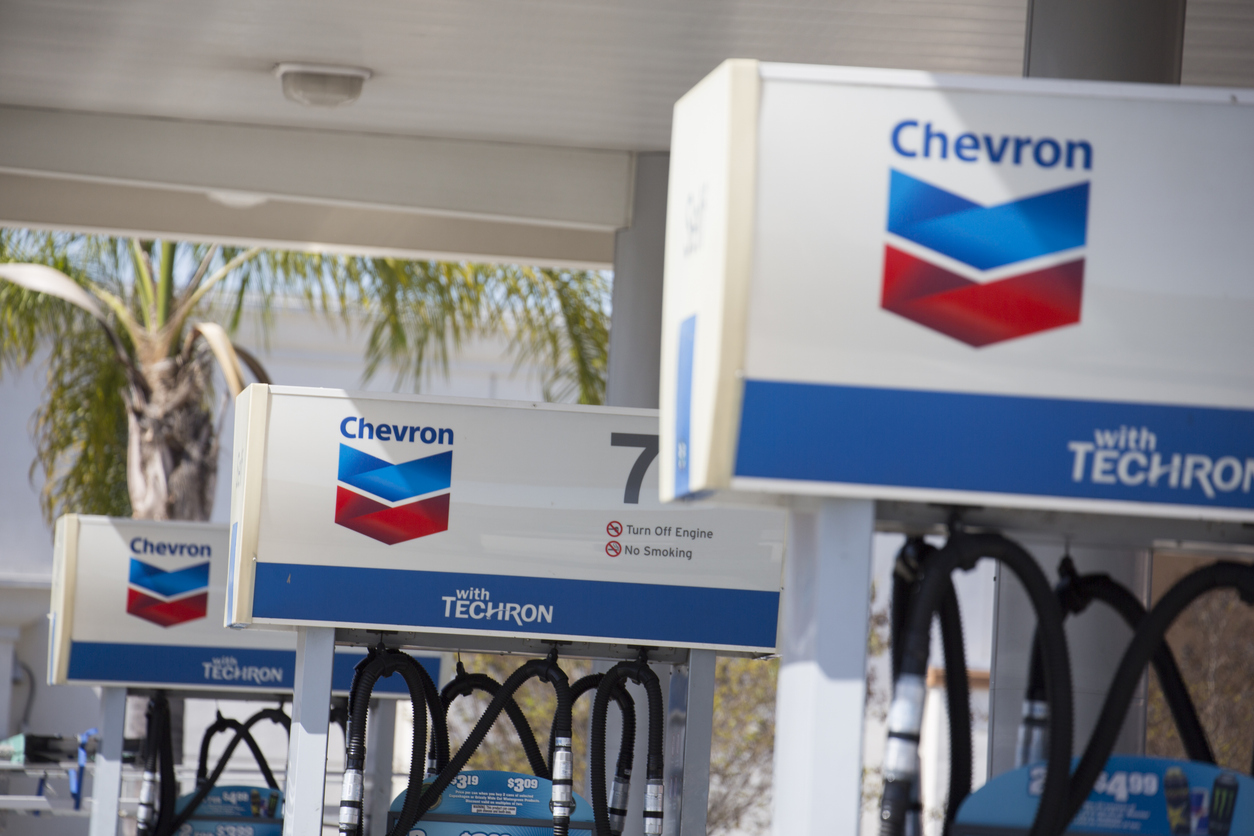The U.S. Supreme Court on Thursday blocked Purdue Pharma's bankruptcy settlement, which would have shielded the Sackler family from lawsuits related to their role in the opioid crisis. The decision reversed a lower court ruling and prevented Purdue's owners from gaining immunity in exchange for a $6 billion payment to settle thousands of lawsuits. The settlement aimed to resolve claims against Purdue for its misleading marketing as alleged in the lawsuits.
Conservative Justice Neil Gorsuch authored the ruling, which was supported by fellow conservative Justices Clarence Thomas, Samuel Alito, Amy Coney Barrett, and liberal Justice Ketanji Brown Jackson. Gorsuch emphasized that the Sacklers, not being bankrupt themselves, should not receive protections intended for debtors. This ruling marks a significant victory for the Biden administration, which challenged the settlement as an abuse of bankruptcy protections.
Market Overview:
- U.S. Supreme Court blocks Purdue Pharma's bankruptcy settlement.
- The decision prevents the Sackler family from gaining legal immunity.
- The Biden administration challenged the settlement as an abuse of bankruptcy protections.
- Conservative Justice Neil Gorsuch authored the ruling.
- The settlement would have provided $6 billion to settle opioid crisis lawsuits.
- The ruling is a victory for the Biden administration and some states.
- Purdue Pharma may need to renegotiate the settlement terms.
- Potential legal battles for the Sackler family in the absence of settlement immunity.
- Ongoing implications for the opioid crisis and compensation for victims.




/Quantum%20Computing/Image%20by%20Funtap%20via%20Shutterstock.jpg)

/Elon%20Musk%2C%20founder%2C%20CEO%2C%20and%20chief%20engineer%20of%20SpaceX%2C%20CEO%20of%20Tesla%20by%20Frederic%20Legrand%20-%20COMEO%20via%20Shutterstock.jpg)
